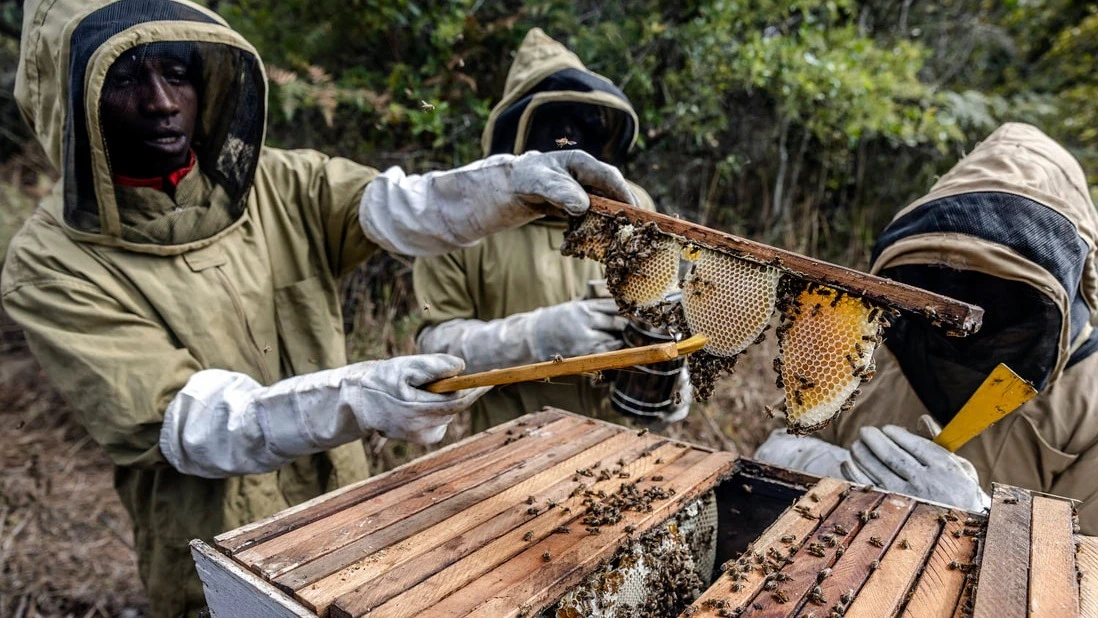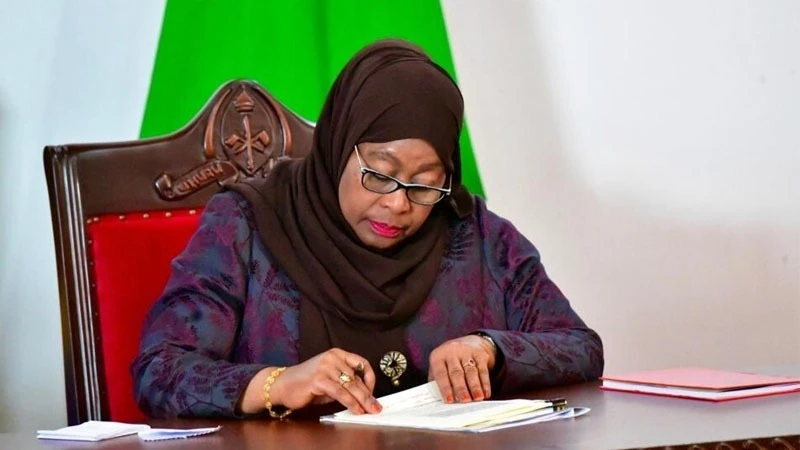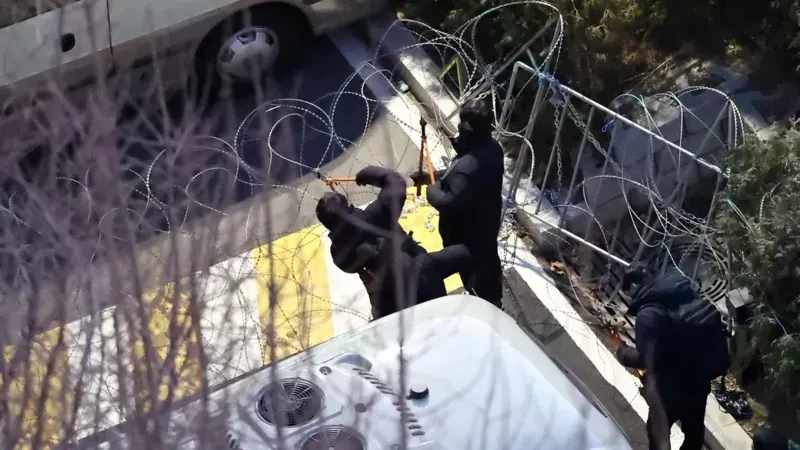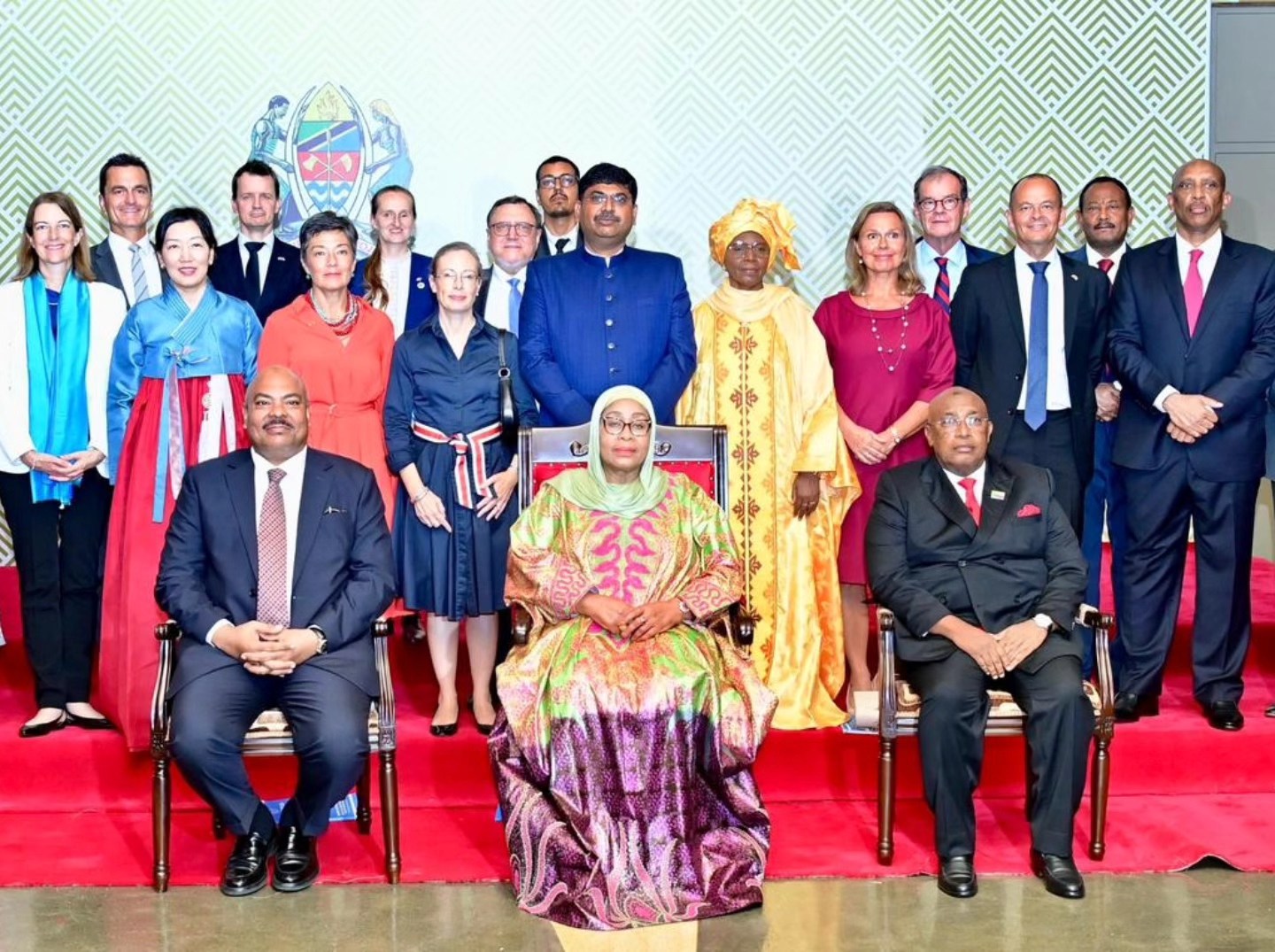Stakeholders team up for beekeeping research uplift

THE Tanzania Forestry Research Institute (TAFORI) is teaming up with the Beekeeping Value Chain (BEVAC) initiative supported by the European Union delegation in Tanzania and the East African Community (EAC). Deogratius Kimena, the BEVAC project expert in result monitoring, said in an interview that TAFORI and the BEVAC project working with other global stakeholders seek to boost scientific research in the local apicultural sector.
It is focused on implementing the national beekeeping research masterplan (NAREM-I) along with enhancing beekeeping practices across the country.
The partnership was highlighted during the third international scientific conference on beekeeping here late last week, where experts, scientists and development partners examined strategies for sustainable growth in the beekeeping industry.
Conference participants emphasized the importance of scientific research in ensuring the smooth development of the apiculture industry, with the BEVAC expert noting that scientific research is crucial for providing the facts and data needed to support the growth of the beekeeping industry
The BEVAC project, implemented by the Belgian development agency Enabel with EU financial support works closely with TAFORI to enhance the country's beekeeping research capabilities.
The partnership was instrumental in organizing the three-day conference, which attracted participants from the UK, Estonia, Finland, Japan, Germany, Sweden, South Africa and Kenya, apart from the hosts, he said.
Experts examined how to support the goals of NAREM-I, covering honey profiling to improve the branding and marketing of Tanzanian honey, he said, highlighting that the development of the national honey trademark has already been attained.
This is expected to assist in promoting Tanzanian honey as a premium product he said, a point discussed at a panel discussion featuring beekeeping firms, api-tourism and regulatory agencies.
Experts examined challenges facing the beekeeping sector, lessons learned from past initiatives and anticipated growth of the industry in Tanzania, affirming that despite significant progress more efforts are needed to disseminate research findings to a broader audience.
Scientists, beekeepers and conservation stakeholders need to be well informed on progress in honey profiling and branding, thus the need for wider communication and application of research results to benefit the sector, he stated.
The conference also served as a networking platform for development partners, including the Worldwide Fund for Nature (WWF), theo United States Agency for International Development (USAID), the Embassy of Finland, GatsbyAfrica, Sun King Enterprises, the Tanzania Association of Tourism Operators (TATO) and others.
Partnerships are essential for fostering synergies and creating opportunities for future collaboration in beekeeping research and conservation efforts, the expert noted.
The event underscored the importance of research and collaboration in developing sustainable solutions for Tanzania’s beekeeping sector, with stakeholders committed to supporting its growth through innovation and knowledge-sharing, he added.
Top Headlines
© 2025 IPPMEDIA.COM. ALL RIGHTS RESERVED






















